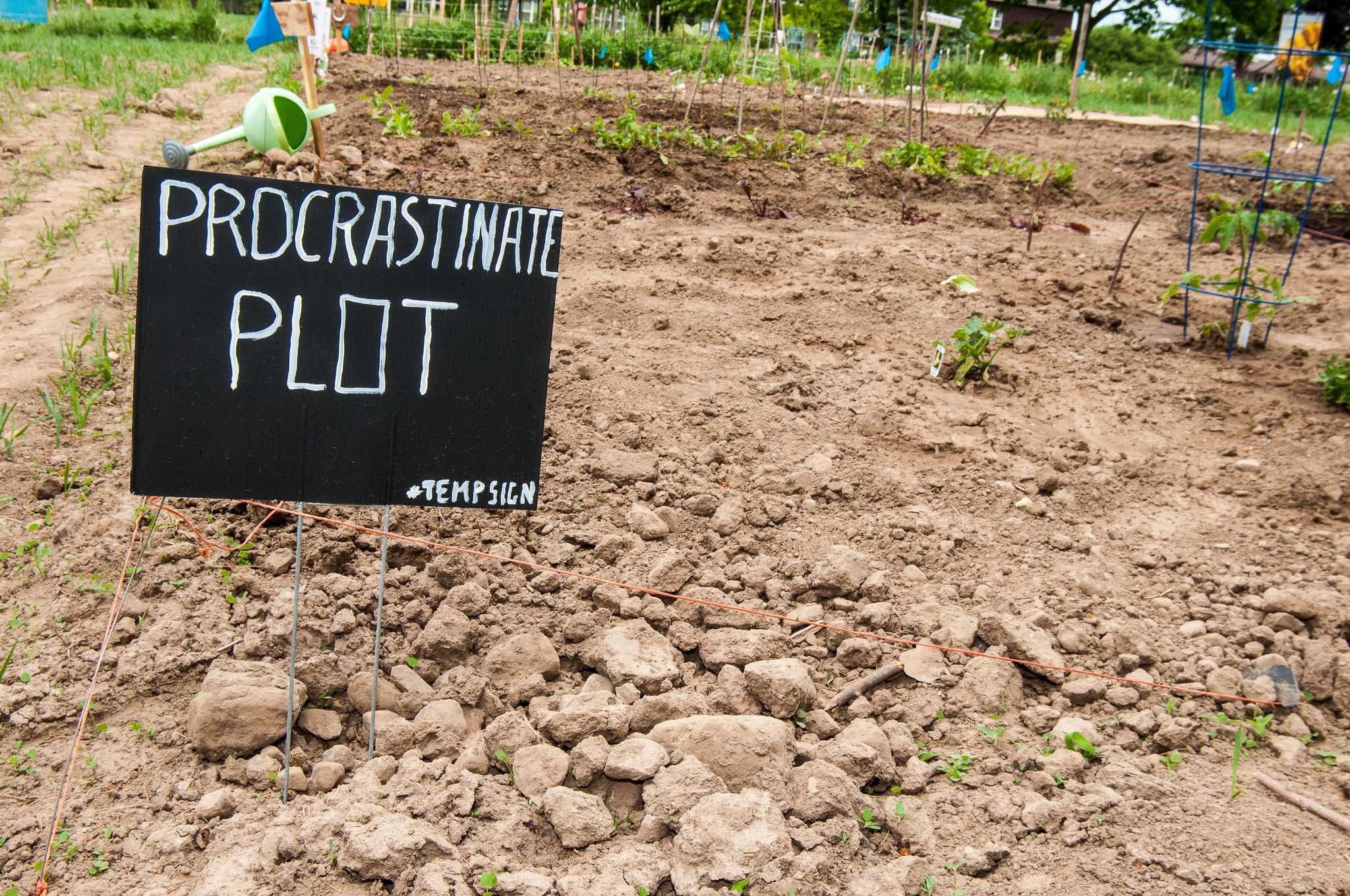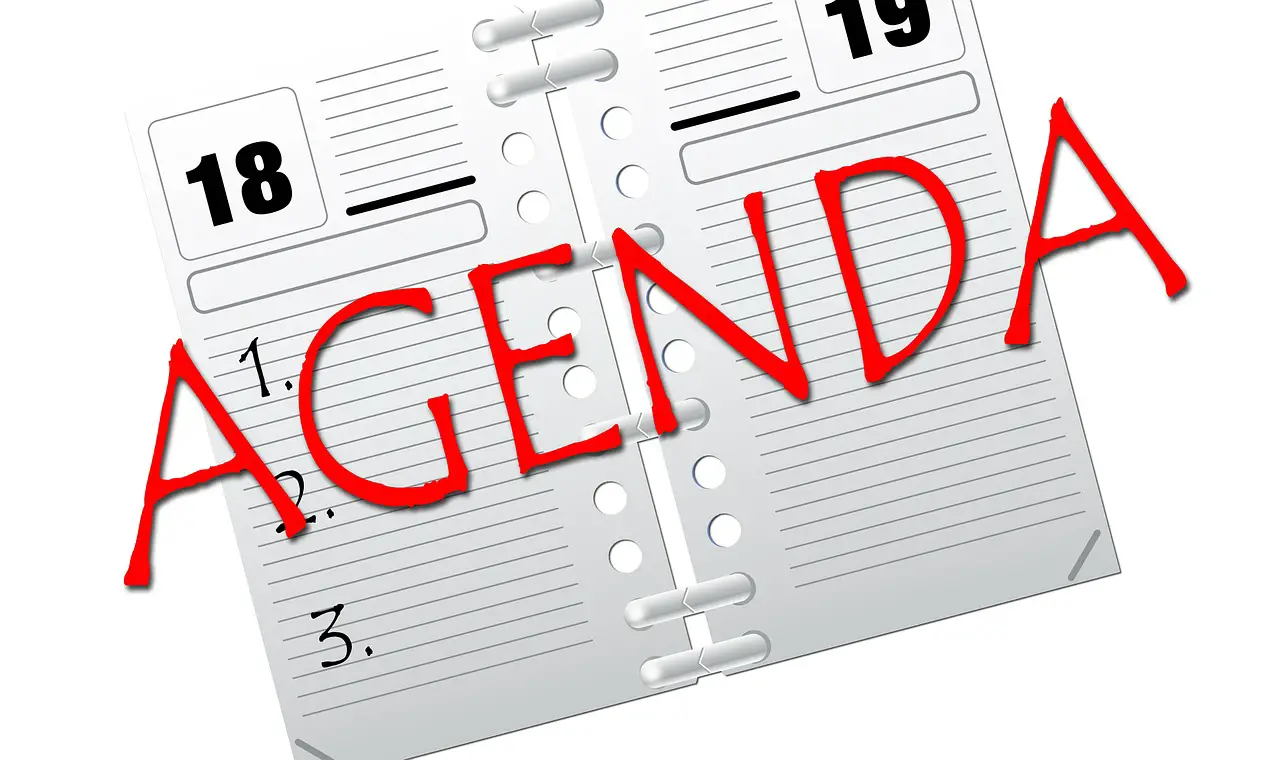“I love deadlines. I love the whooshing noise they make as they go by.” – Douglas Adams
Every writer knows this quote and has probably said/written it more than once. In reality, however, that whooshing noise is not so pleasant. It’s the stuff writers’ nightmares are made of. Especially when a client is inflexible when it comes to deadlines.
One observation about writers that I have heard so many times is that we like to procrastinate. It is such a sweeping statement and can be taken the wrong way.
However, I have to admit that with all the distractions surrounding us, there are times when we do procrastinate – perhaps more than we want to.
I don’t deny that I have this tendency. By necessity, I have had to come up with practices to kill procrastination for myself. I hope they help you, too.
1. The 2-minute rule.
Disclosure: I didn’t invent this.
I learned of this concept from an article by James Clear. This rule has two actionable ideas.
One, if a task takes less than two minutes, do it NOW. Don’t postpone it. Just do it. Let’s say an email comes in, and you don’t feel like responding to it even if will take you only two minutes or less. Don’t leave it for later. Just compose your reply and hit send.
Two, start a new habit in less than two minutes. This sounds unbelievable, I know. How can you form a habit or reach a goal in less than two minutes unless you’re The Flash? (Even then, it might not be possible.) The key, however, is to start. It doesn’t mean that you will set specific times to check email and stick to it immediately. It means starting that habit (two minutes) until it actually becomes routine.
Do you want to write for a longer period in one go? Start writing a few sentences (two minutes or less), and keep going.
You get the idea.
2. Before ending your work day, outline what you’re going to do the next day.
This is a crucial part of my procrastination-killing regimen. Before I close the laptop for the day, I make sure that all the tasks I need/want to finish the next day are encoded in Google Calendar, as well as Timely, an app that helps track time for each task.
The next day, I have a guide that prompts me to do my work. I know what I have to accomplish, and this pushes me to get working. I don’t wing it. This may not work for everyone, but I find that it keeps me from procrastinating.
3. Think of the repercussions of procrastination.
I find this most effective when I look at specific tasks.
For example, I have two hours allotted for the daily jobs. I think about what will happen if, instead of looking for jobs, I spend those hours on Facebook and/or chatting with friends online? The answer? FWJ readers will go after me! 😉
Another example…If you’re getting paid per article by a client, and you miss your deadline, what will happen?
You might not get paid, or you might get paid less because of submitting late. You might lose your client’s trust and confidence. Worse, you might lose that client.
4. Don’t be a perfectionist.
Why not? Shouldn’t it be your goal to create pieces that your clients will love and keep them coming back for more?
Definitely.
That doesn’t mean, however, that you have to be perfect. Strive to write great articles, but don’t hold yourself back from starting because you want everything to be perfect. Don’t stop yourself from sitting down and typing those first sentences because you don’t want a single comma out of place, or to miss out on using the perfect word. Don’t procrastinate because you are afraid that what you write won’t be good enough.
What do you think? Will these tips work for you? Do you have your own procrastination-killing tips you want to share?



Leave a Reply